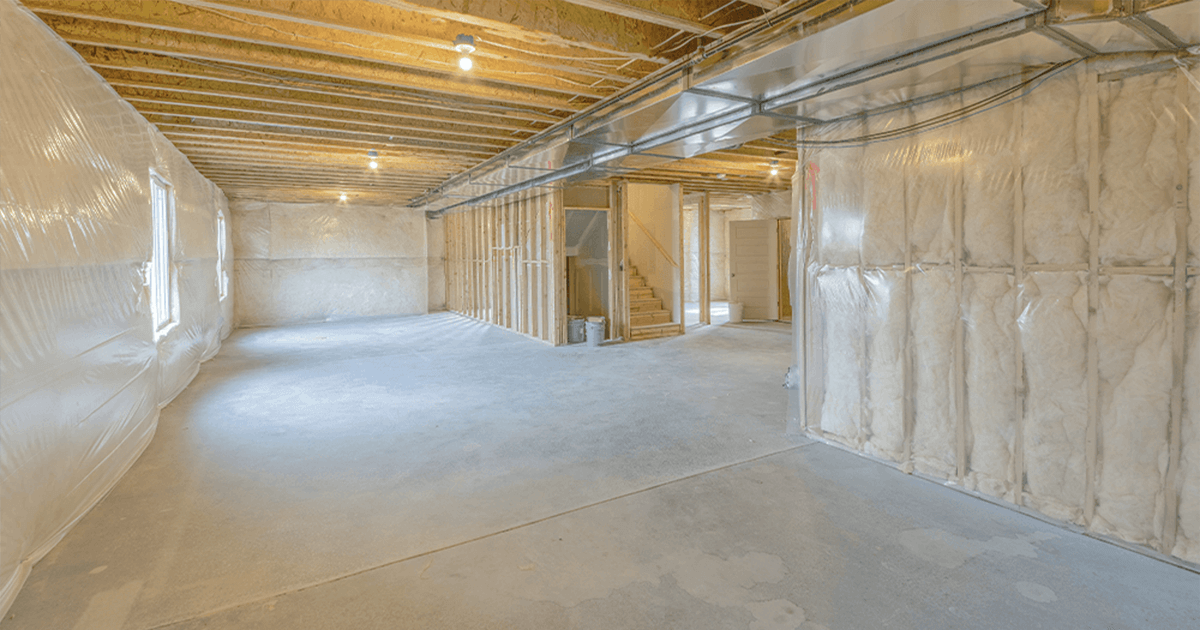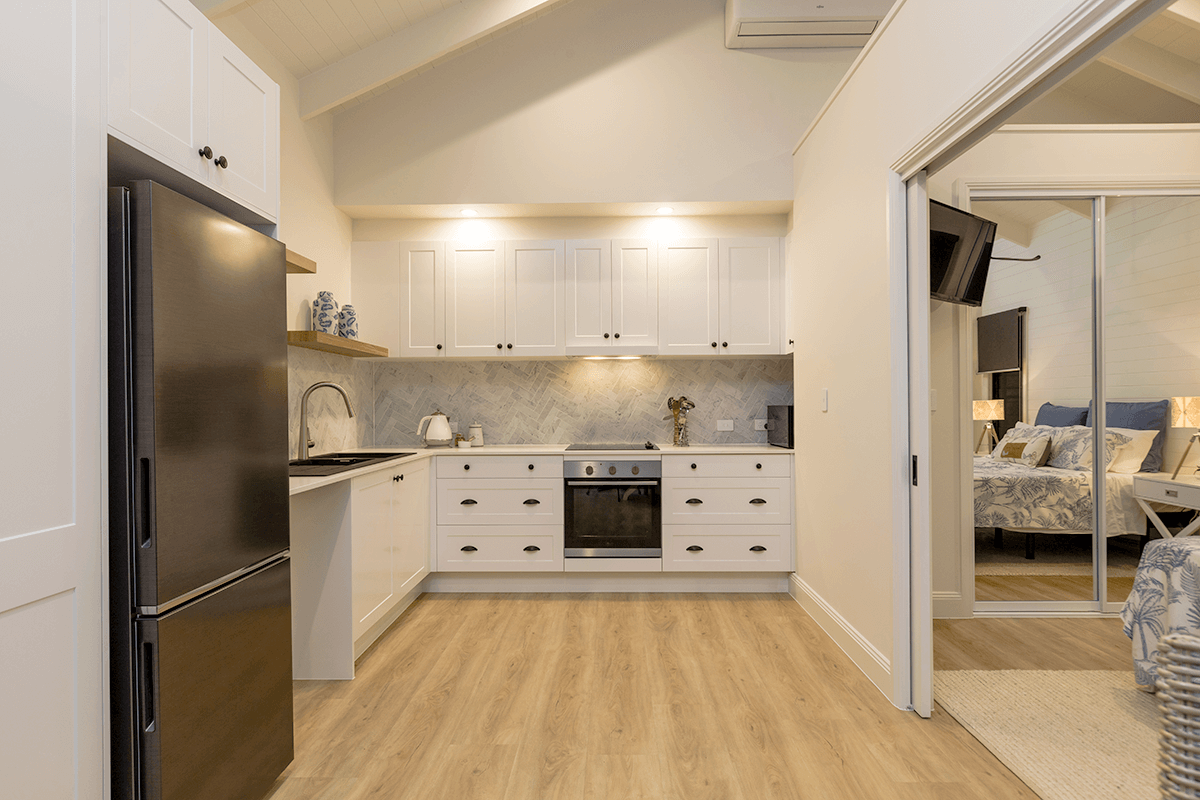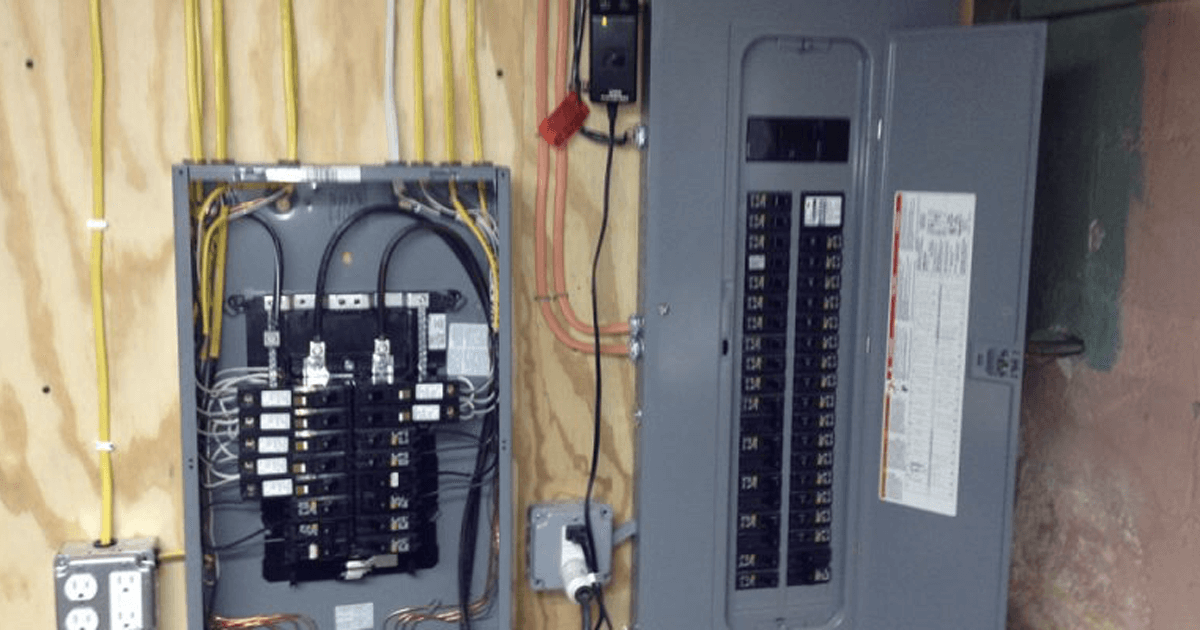Home renovation season is upon us, and with the arrival of fall, thoughts turn to the impending cold weather and the projects ahead. Among the significant undertakings is often a basement development project. I’ve emphasized the importance of permits before, particularly Development permits, Building permits, and Electrical permits. To reiterate, in the province of Alberta, it is a legal requirement that obtaining an electrical permit is mandatory if you’re installing, adding to, or modifying an electrical system. Keep in mind the necessity for two inspections—one before the drywall installation and another upon project completion.
How the Process Works
A development permit is the initial step, determining the permissibility of the intended work. Zoning bylaws, parking, and noise regulations are some of the considerations. Once approval is granted, the next phase involves obtaining a building permit. Typically, this requires submitting drawings for review, followed by guidance on bylaws and building requirements essential for a successful inspection. This assistance is invaluable, especially for homeowners unfamiliar with all building codes and local bylaws.
Finally, trade permits—Electrical, plumbing, and gas—are sought, usually by a licensed contractor hired for the job. If you’re tackling the project yourself, thorough research is essential, and you should obtain a homeowner’s permit. Additionally, it’s crucial to stay updated on changes in the Canadian electrical code, especially those introduced on January 1st, 2016, affecting new installations of residential electrical wiring.
Inspection Considerations
Many times, I’ve been called in after a basement development project has commenced to troubleshoot inspection failures. Failing an inspection after completing the rough-in stage can be costly. In Strathcona County, Chris Gow, the coordinator of development permitting, notes that if you fail the initial electrical inspection, a second inspection is provided at no charge. However, a $180.00 fee applies if a third inspection is required for the same project. In Edmonton, a failed initial electrical inspection may incur a $240.00 charge for a re-inspection.
Cost-Saving Tips
For those keen on saving money by handling the electrical portion themselves, consulting a trusted electrical contractor is a smart move. For a nominal fee, you can receive expert advice on electrical wiring requirements, lighting design, and choices. Making informed decisions can translate to substantial savings, making that dream man cave more affordable than you might think.
If you’re seeking ways to save money and undertake the electrical portion of your project, consult with a trusted electrical contractor. A nominal fee can provide expert advice on electrical wiring requirements, lighting design, and choices, potentially saving hundreds or even thousands of dollars. Your dream man cave might be more affordable than you think.
Photo credit: https://stock.adobe.com/ca





